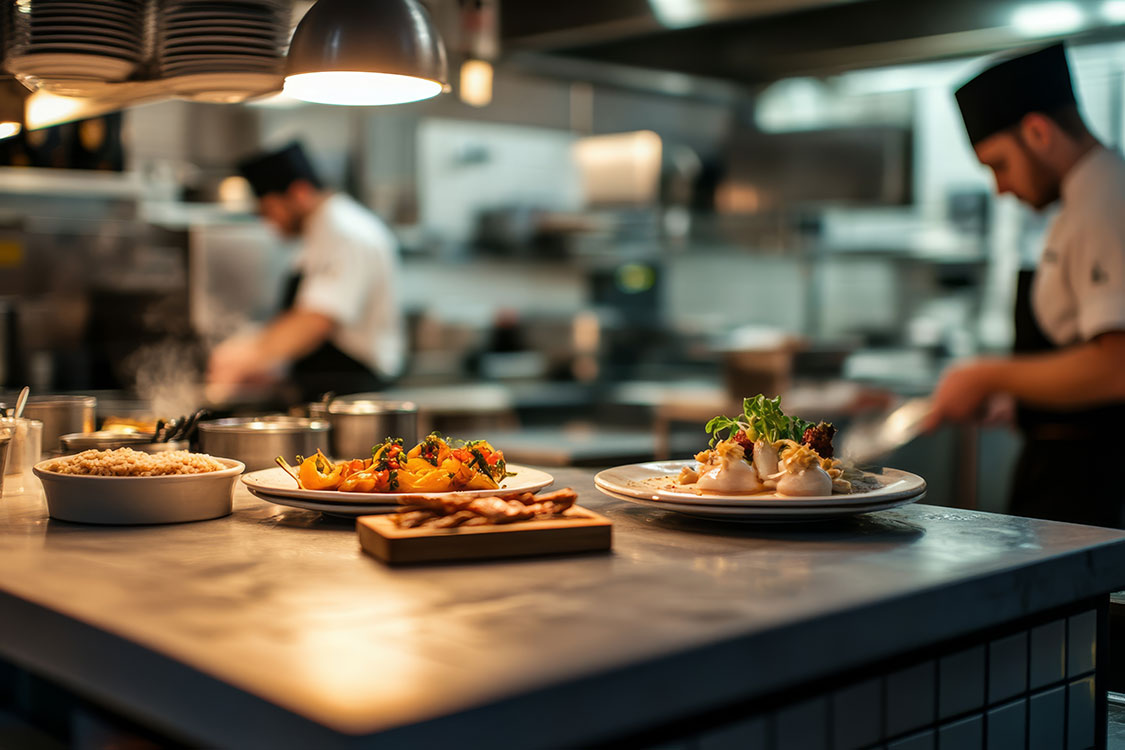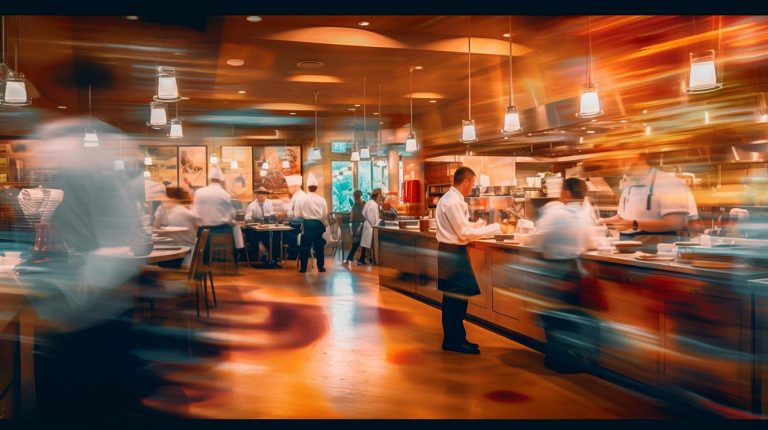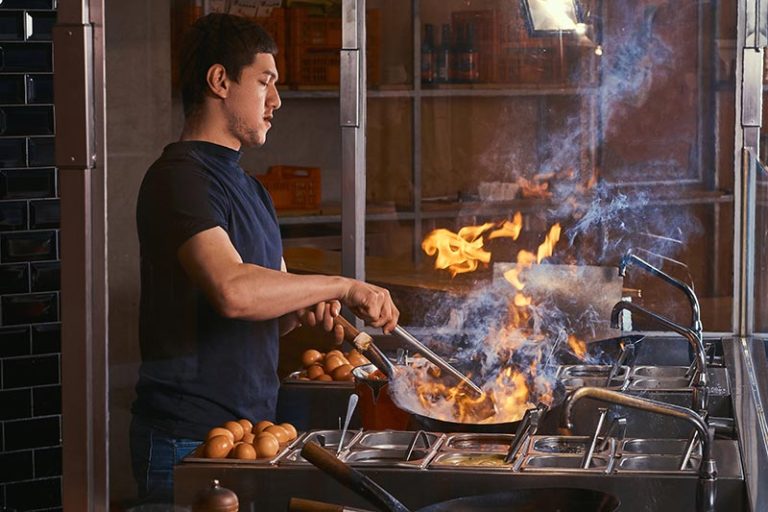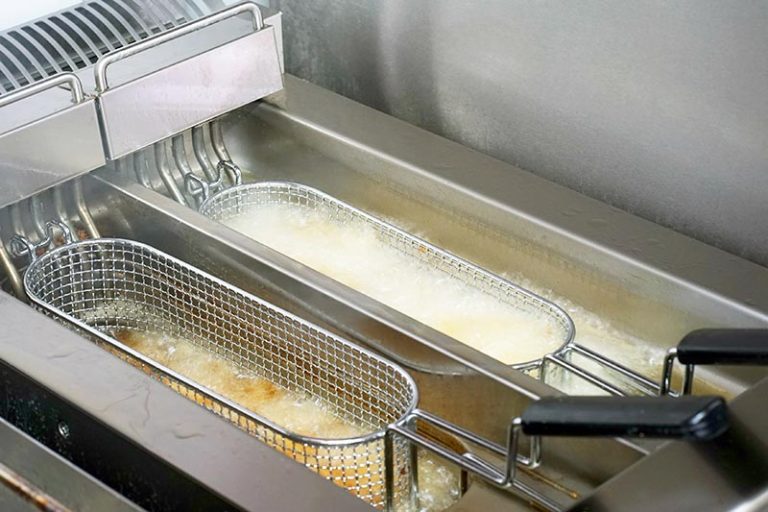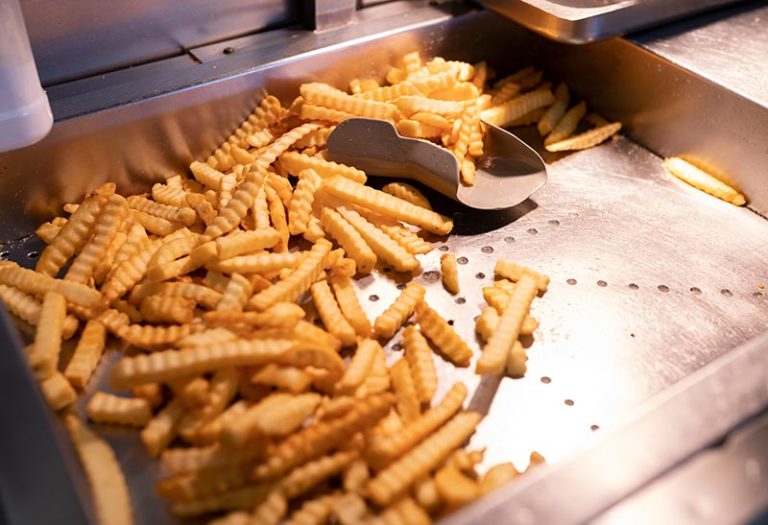Closing the Loop: How Restaurants Can Lead the Circular Economy with Grease Recycling
From Disposal to Regeneration: The Circular Economy Explained
The term circular economy describes a system where resources are reused, regenerated, and reintegrated into the supply chain instead of being discarded. For restaurants, this means rethinking how waste is handled—specifically, how byproducts like used cooking oil aren’t just removed, but returned to the value chain.
Instead of following a traditional linear model—use it, trash it, forget it—a circular model asks: what else can this become? Used cooking oil is a perfect example of this principle in action. When collected properly, that oil is transformed into biofuel or renewable energy. That energy powers homes, vehicles, even businesses. And in doing so, the restaurant becomes not just a user of resources, but a producer of renewable ones.
This model is more than a sustainability trend. It’s a powerful, regenerative approach to business that aligns with how tomorrow’s diners, investors, and municipalities expect responsible operators to behave. And it begins right in the kitchen.
Restaurants as Key Players in the Grease Recycling Loop
Every restaurant generates grease—but not every restaurant realizes the strategic role it plays in the waste-to-energy cycle. Used cooking oil, when routed into proper recycling systems, becomes the feedstock for biodiesel—a clean-burning fuel that lowers emissions and reduces reliance on petroleum.
The process starts with simple, clean disposal practices. From there, Longview Environmental collects and processes the oil through vetted partners. These partners then convert the oil through chemical processes that break down its components and reconfigure them into energy-ready substances.
Unlike recycling programs that depend heavily on consumer participation or external logistics, used oil recycling in restaurants is uniquely efficient. It happens in a controlled environment, it’s easily measurable, and it produces a tangible output. That means restaurant operators can claim—and quantify—their contribution to renewable energy creation with clarity and credibility.
In this way, restaurants become local contributors to a global system. They create a positive feedback loop where oil usage isn’t just a cost—it’s an energy source. Longview Environmental helps you close that loop, so nothing is wasted, and everything serves a higher purpose.
Tangible Business Benefits of Circular Grease Recycling
Participating in the circular economy isn’t just an ethical stance—it’s a smart operational choice. By turning grease into a renewable resource, restaurants reduce their environmental impact, lower the burden on municipal systems, and often qualify for rebates or credits that improve bottom-line performance.
But the benefits go further. Diners are increasingly choosing to spend money with businesses that operate sustainably. By clearly demonstrating your role in the circular economy, you enhance brand reputation, attract loyal, eco-conscious customers, and create a compelling story for marketing and community engagement.
There are also long-term strategic advantages. Operators who align with circular principles tend to be better prepared for future regulations, better positioned for grants or certifications, and more resilient in the face of supply chain or energy cost volatility. Sustainability isn’t a sideline anymore—it’s a stability strategy.
Longview Environmental supports this shift by providing the infrastructure, documentation, and metrics you need to prove your impact and evolve your operations. Our full-service model ensures that your waste is turned into energy, and that your restaurant’s role in that transformation is fully visible and measurable.
The Bigger Picture: Leading Change Through Local Action
Circular economy principles can feel like big-picture ideas best suited for corporations or city planners. But restaurants—especially those operating with strong community ties—have the power to lead meaningful change at the local level. Every gallon of oil recycled helps offset fossil fuel usage. Every avoided clog or emergency call means fewer resources spent on reactive fixes.
By adopting closed-loop practices in your kitchen, you’re not just improving operations—you’re modeling what sustainable foodservice looks like. That message spreads to staff, to customers, to suppliers. It creates momentum. And it gives you a platform to engage with your community on something more than just food—it gives you purpose.
With Longview Environmental, participating in this model is not complicated. We make it seamless and scalable, from first pickup to final energy output. You provide the grease, we handle the transformation, and together we fuel something bigger than any one kitchen.
Close the Loop, Open the Possibilities
Used cooking oil may leave your kitchen in barrels—but it doesn’t have to leave your story. When you partner with Longview Environmental, you become part of a circular economy that redefines waste and reclaims value. Your grease becomes power. Your operations become sustainable. And your business becomes a model for what the future of foodservice can look like.
It’s time to stop seeing grease as a problem—and start seeing it as a pathway. Let us help you close the loop and open the door to lasting, measurable impact.

